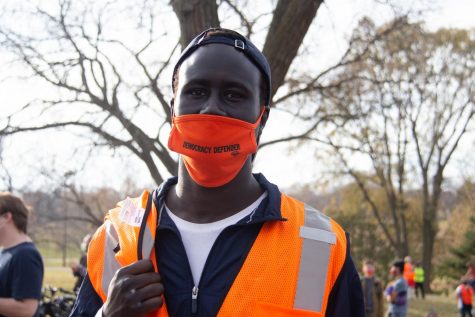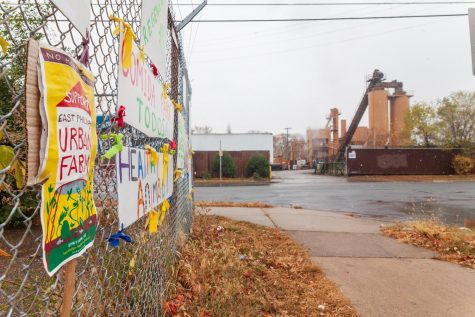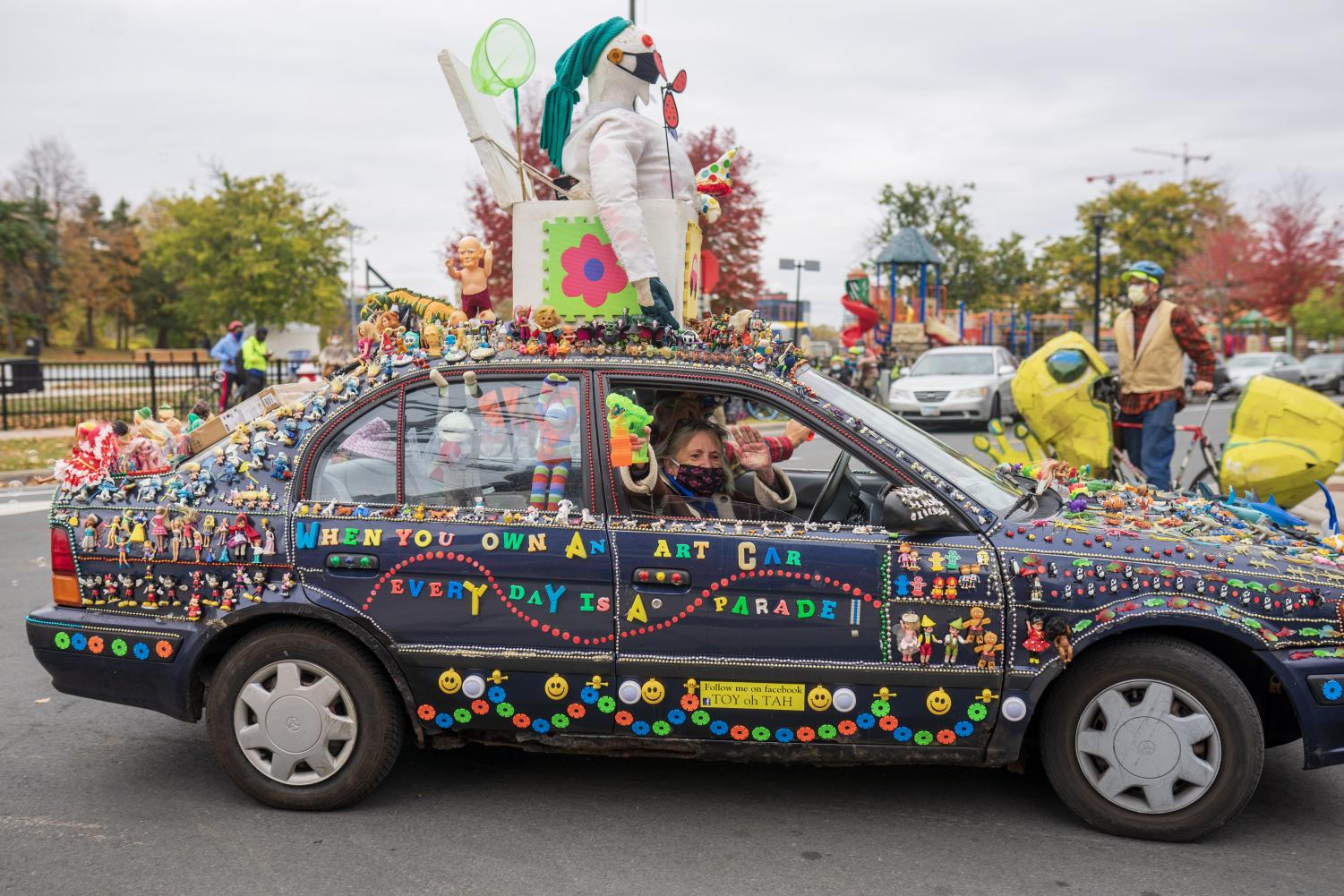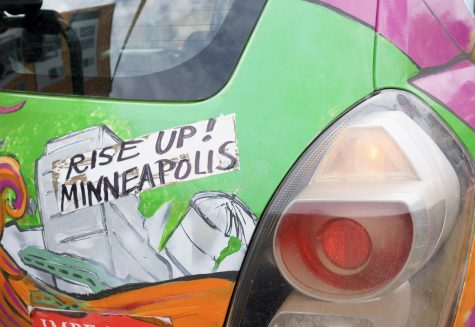Despite COVID-19 setbacks, the expansive Malcolm Yards development in Prospect Park is moving forward after receiving funding for affordable housing.
Hennepin County approved a $250,000 grant in mid-November for 142 units of affordable housing at Malcolm Yards. The project will need more money from the city and county to start construction, but it is set to start by the end of 2021, following delays caused by the pandemic. The developer, Wall Companies, also hopes to complete a food hall this spring and market-rate apartments by 2022 as part of the community.
The development has been in the works for years as a planned community within Prospect Park that includes mixed-income housing, a food hall, commercial locations and green space. Malcolm Yards fits within the Towerside Innovation District, a northern part of the neighborhood that has been rapidly developed and supported by public and private stakeholders.
“This area was designated as the neighborhood developed nearly a decade ago,” said Dick Gilyard, a Prospect Park Association (PPA) and Towerside board member. “[We] reimagined this area from strictly an industrial area … to an area that would accommodate most jobs, as well as housing, parks, public realm and a real cultural art space.”
The city already gave $1 million for the affordable housing portion, and Wall Companies is waiting to hear back from the city on another $1.8 million request. The project will need more funding from Hennepin County, and Wall Companies project manager Jeff Ellerd said he hopes it will move quickly.
“Affordable housing projects are challenging,” Ellerd said. “You’ve got to get funding from a whole bunch of different partners.”
The mixed-use building, which includes commercial space and 184 market-rate apartments, is still in the planning stages and requires city funding to move forward.
Towerside board members have been involved with the project since the beginning, with hopes of installing environmentally friendly ways to heat the apartment buildings and manage stormwater.
Diane Rucker, a Towerside board member, said the group is waiting for City Council approval on a districtwide energy system that uses aquifer heating, an environmentally friendly way to heat the buildings using water rather than on-site natural gas.
“The opportunity there is the design of a building can be much more energy efficient, not rely on traditional coal, oil and so on,” Rucker said.
If the city does not approve it, Malcolm Yards will move forward with a traditional heating system that relies on fossil fuels. Ellerd, the developer, said that the city’s decision would have to be made within about six months to be included in the final designs.
Gilyard, from PPA and Towerside, said that neighbors’ visions for the site include job opportunities for community members and carbon-reduction strategies that can serve as an example to the rest of the city.
“What we’re trying to do through Towerside Innovation District and through the neighborhood is really not to look at these just as individual projects, but how they are a part of a much larger system that introduces new forms of energy that are carbon-reduction technologies,” Gilyard said.




